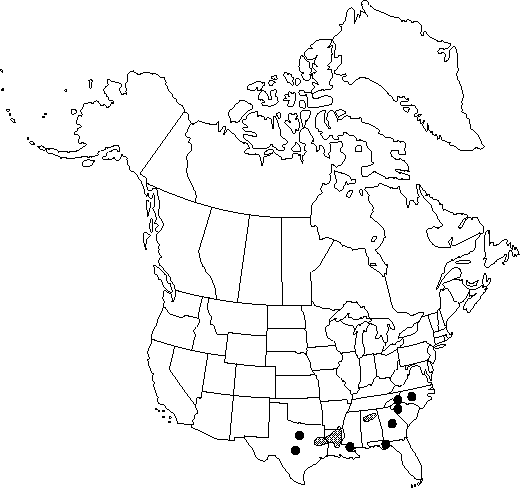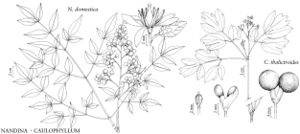Difference between revisions of "Nandina domestica"
Nov. Gen. Pl. 1: 14. 1781.
FNA>Volume Importer |
FNA>Volume Importer |
||
| Line 10: | Line 10: | ||
|special_status={{Treatment/ID/Special_status | |special_status={{Treatment/ID/Special_status | ||
|code=F | |code=F | ||
| − | |label= | + | |label=Illustrated |
}}{{Treatment/ID/Special_status | }}{{Treatment/ID/Special_status | ||
|code=I | |code=I | ||
| Line 40: | Line 40: | ||
-->{{#Taxon: | -->{{#Taxon: | ||
name=Nandina domestica | name=Nandina domestica | ||
| − | |||
|authority=Thunberg | |authority=Thunberg | ||
|rank=species | |rank=species | ||
| Line 55: | Line 54: | ||
|publication title=Nov. Gen. Pl. | |publication title=Nov. Gen. Pl. | ||
|publication year=1781 | |publication year=1781 | ||
| − | |special status= | + | |special status=Illustrated;Introduced |
| − | |source xml=https://jpend@bitbucket.org/aafc-mbb/fna-data-curation.git/src/ | + | |source xml=https://jpend@bitbucket.org/aafc-mbb/fna-data-curation.git/src/f50eec43f223ca0e34566be0b046453a0960e173/coarse_grained_fna_xml/V3/V3_730.xml |
|genus=Nandina | |genus=Nandina | ||
|species=Nandina domestica | |species=Nandina domestica | ||
Revision as of 21:30, 16 December 2019
Stems erect. Wood and pith bright yellow. Leaves frequently reddish tinged, 5-10 dm; petioles basally enlarged and clasping. Leaflets 9-81, nearly sessile, leaflet blades 4-11 1.5-3 cm, base cuneate, apex acuminate. Inflorescences with hundreds of flowers, 1-2 dm. Flowers fragrant, pedicellate; perianth segments imbricate, weakly 2-4-seriate. Berries 6-9 mm. Seeds mostly 2. 2n = 20.
Phenology: Flowering spring–summer (May-early Jul); fruiting summer–fall (Sep–Dec).
Habitat: Old home sites, woodlands, mesic flood plains, hammocks
Elevation: 0-600 m
Distribution

Ala., Ark., Fla., Ga., La., N.C., S.C., Tex., native, Asia (Japan, China, India).
Discussion
Nandina domestica is commonly cultivated as an ornamental. China and Japan have been considered the possible sources of cultivated material. In the flora, seedlings are frequent in the vicinity of plantings, and mature plants have been found far from areas of current cultivation in the southeastern United States.
Selected References
None.
